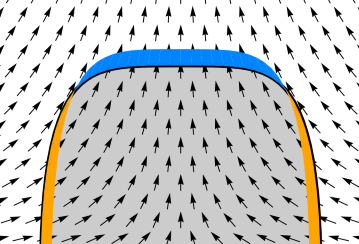Multivariable Calculus 2: Integrals
We live in a multivariable world. Explore different types of integrals and learn how to apply them to solve real world problems. Part 2 of 3.
We live in a multivariable world. Explore different types of integrals and learn how to apply them to solve real world problems. Part 2 of 3.
We live in a multivariable world. Explore different types of integrals and learn how to apply them to solve real world problems. Part 2 of 3.
Variables are all around us: temperature, altitude, location, profit, color, and countless others. Multivariable Calculus is the tool of choice to shed light on complex relationships between 2, 3, or hundreds of variables simultaneously. Some of the multivariable questions considered in this course include:



